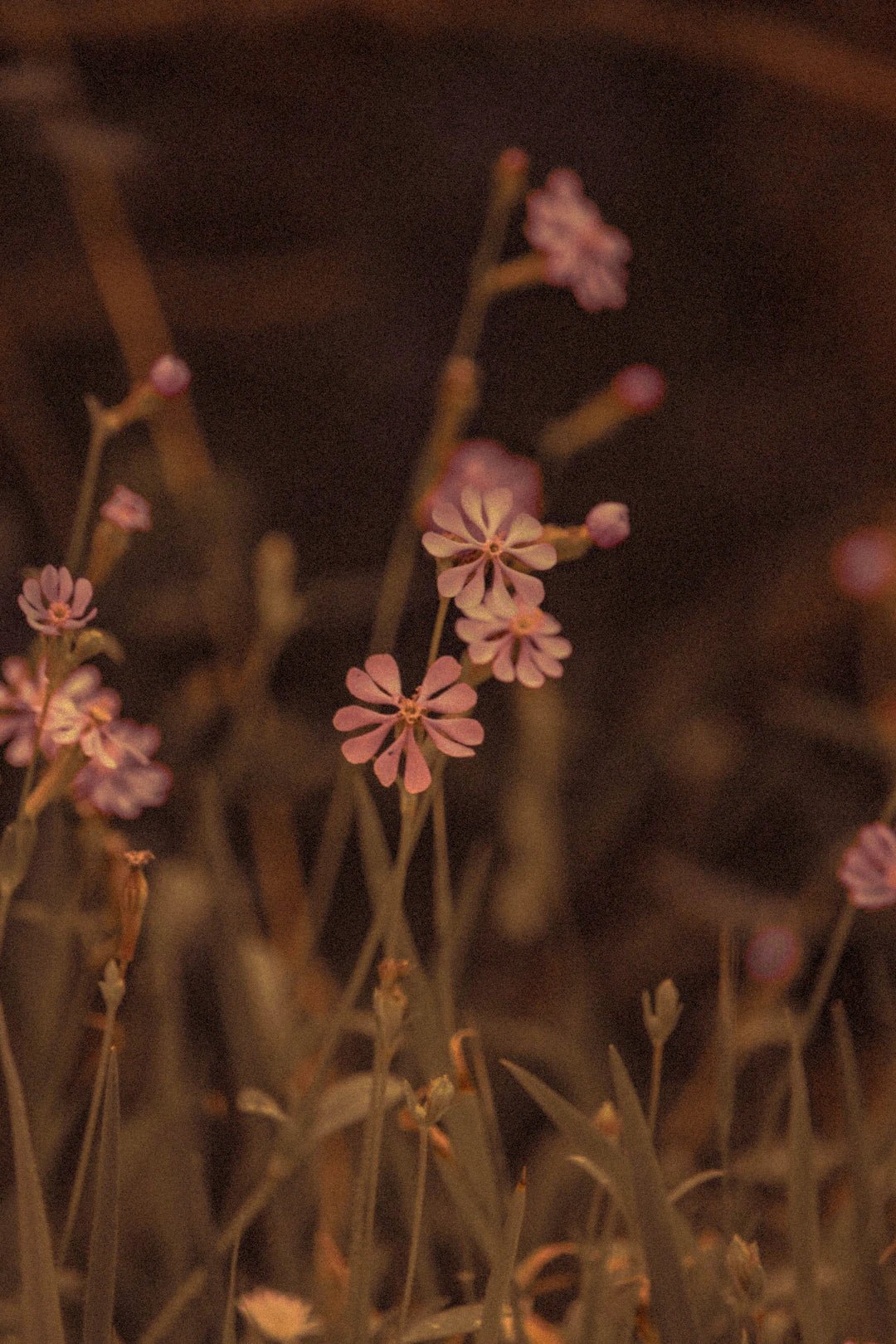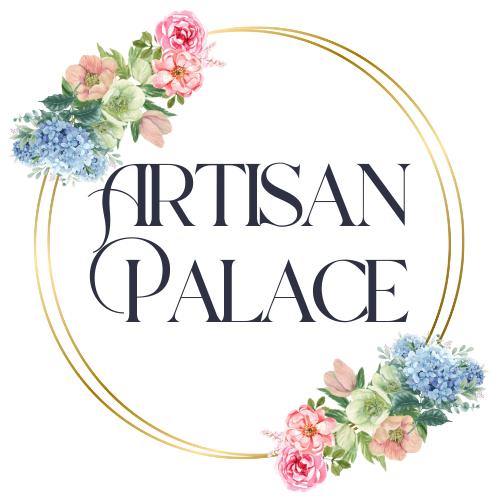
Flowers have always played a significant role in human life, from celebrating joyous occasions to providing comfort during somber times. They are not only beautiful creations of nature but also powerful symbols that evoke emotions and memories. In this article, we will explore the deep-rooted connection between flowers and memories, understand how certain blooms bring back specific moments in our lives, and discover why they are cherished gifts in various cultures around the globe.
Understanding the Psychology Behind Flowers and Memories
The psychology of how we associate flowers with memories is rooted in the concept of the mind's ability to connect sensory experiences. When we encounter certain fragrances or visuals associated with flowers, they trigger cognitive and emotional responses tied to our previous experiences.
The Role of Scent in Memory Retrieval
The olfactory system, responsible for our sense of smell, is closely linked to the brain's limbic system, which governs emotions and memory. This means that the fragrance of a flower can transport us to cherished moments, often from long ago. For instance:
- Roses: The sweet scent of roses may remind you of romantic dates or anniversaries.
- Lilies: For some, lilies may evoke memories of a loved one’s funeral, symbolizing purity and remembrance.
- Daisies: The fresh aroma of daisies might take you back to carefree childhood days spent in a garden.
Cultural Significance of Flowers in Memory Making
Flowers are not just personal reminders; they hold cultural significance as well. Many cultures use flowers as integral parts of rituals and traditions, embedding these plants into the fabric of memory-making.
Celebrations and Commemorations
From weddings to funerals, flowers are a universal language of emotions. Different flowers symbolize various sentiments, making them perfect for different occasions:
- Weddings: White roses and peonies symbolize purity and romance, making them a favorite choice for bridal bouquets.
- Funerals: Flowers such as chrysanthemums and lilies often represent mourning and respect, serving as a beautiful tribute to those who have passed.
- Anniversaries: The giving of a dozen red roses often signifies love and commitment, creating lasting memories.
Personal Memories Associated with Flowers
Individual experiences also shape our connections to specific flowers. The bloom may remind us of a grandmother's garden or a friend’s laugh during a summer picnic. These personal narratives deepen our emotional attachments to plants, making them valuable keepsakes in our lives.
Creating Lasting Bonds Through Flowers
The act of giving flowers is a way to express feelings that words sometimes cannot convey. Sharing flowers with loved ones creates a bond that is both beautiful and profound. Here are some ways flowers help enhance our connections:
- Celebrating Birthdays: Gifting a flower that was favored by a friend can evoke fond memories and signify thoughtfulness.
- Marking Milestones: Bouquets for anniversaries symbolize the growth and journey of relationships.
- Offering Sympathy: Sending flowers during difficult times provides comfort and shows support, forging deeper connections with those grieving.
The Therapeutic Effects of Flowers on Memories
Beyond their aesthetic appeal, flowers also play significant roles in mental health and well-being. They have been shown to lift moods and enhance positive feelings while diminishing stress and anxiety, creating a peaceful environment that fosters healthy memory-making.
Gardening as a Memory-Making Activity
Gardening is an excellent way for individuals to connect with flowers and foster memories. Planting a flower from childhood can serve as a nostalgic trip down memory lane, offering therapeutic benefits as well.
- Mindfulness: Gardening encourages mindfulness, allowing individuals to engage with their senses—tactile, visual, and olfactory.
- Creating New Rituals: People can create memories by developing traditions around planting, nurturing, or arranging flowers, such as an annual garden party.
- Family Bonds: Involving family members in gardening can create lasting experiences and foster connections across generations.
The Science Behind Flower Power in Memory
Scientific research has shown that flowers can affect our brain's chemistry, particularly through the release of endorphins and serotonin, which are linked to feelings of happiness. Exploring the scientific background of flowers’ ability to evoke memories grows our understanding of this connection.
Neuroscience and Floral Connections
Neuroscientists have found that certain flowers' colors and scents can trigger emotional responses, reinforcing the memory forged during a significant moment. For example, a brightly colored sunflower could spark happiness due to past joyful experiences during summer festivals or family gatherings.
- Color Psychology: Different colors evoke specific feelings—such as yellow for happiness and blue for calm—further influencing memories associated with particular flowers.
- Fragrance Variations: Some scents can even elicit strong emotional reactions, allowing individuals to relive past moments vividly.
Flowers in Literature and Arts: Memory Keepers
The representation of flowers in literature and art solidifies their role in memory making. Numerous writers and artists have used flowers to symbolize important themes, emotions, and moments. This historical perspective offers insights into the deep connection between flowers and memories throughout culture.
Flowers in Poetry and Prose
Flowers frequently appear in poetry as metaphors for love, loss, and nostalgia. This literary use enhances our awareness of how flowers serve as memory keepers. Notable examples include:
- William Wordsworth’s use of daffodils to symbolize bliss and reminiscence.
- Robert Frost’s “Nothing Gold Can Stay,” where nature, including flowers, symbolizes the fleeting nature of life.
Treasuring the Present: Using Flowers to Forge New Memories
As we dive deeper into the connection between flowers and memories, it is essential to recognize our power to create new memories today. We can actively integrate flowers into our lives and facilitate positive memory-making moments.
Incorporating Flowers in Daily Life
Here are some ways to infuse flowers into your daily life and open paths to new memories:
- Home Décor: Bringing fresh flowers into your home can brighten up spaces, evoking positivity and pleasant memories.
- Celebrating Moments: Mark life events, big or small, by gifting or arranging flowers, cultivating joy in every occasion.
- Giving Back: Share the gift of flowers with those in need; this act can foster connections and memories that positively impact your community.
The Enduring Legacy of Flowers in Memory Making
Flowers are more than just beautiful blooms; they are intertwined with our emotions and memories. By understanding their significance in our lives—both personally and culturally—we can appreciate how they shape our experiences and connections with others.
As you cultivate your own garden of memories, consider the flowers around you. Whether through gardening, gifting, or simply enjoying their beauty, these delightful creations of nature will continue to evoke cherished memories for generations to come. Let flowers be the bridge between your past and present, creating magical moments that linger in your heart and mind forever.
